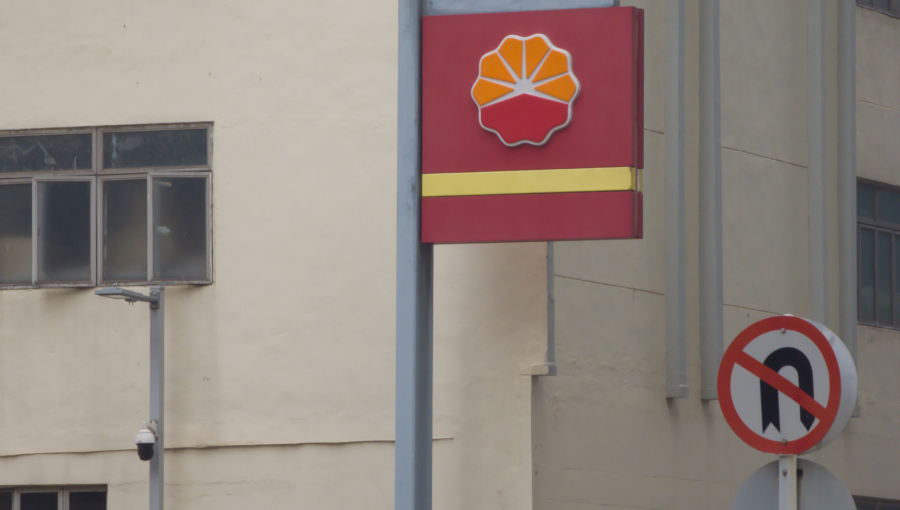PetroChina gearing up to enter Argentine oil industry

China's largest oil company, PetroChina, is preparing to establish operations in Argentina by the end of 2025, targeting the lucrative Vaca Muerta shale formation amid growing scrutiny over the Milei administration's trade policies.
The oil and gas giant plans to open a Buenos Aires branch featuring three business units: machinery sales for the oil and gas industry, including drilling equipment and pipeline infrastructure; petrochemicals; and after-sales services, according to Perfil. PetroChina aims to supply companies operating in the Neuquén Basin and across Argentina's expanding energy sector, utilising contracts that place delivery and insurance responsibilities on the seller.
The move comes as PetroChina, which produces approximately 2.57mn barrels of crude oil daily and 383mn cubic metres of natural gas, seeks to expand its global footprint. The company reported revenues exceeding $400bn and net profits of approximately $22.7bn in 2024, cementing its position as a global energy powerhouse.
However, PetroChina's entry has raised concerns among local businesses already competing with Chinese imports, which account for 24.7% of Argentina's total imports in the first quarter of 2025, Vaca Muerta News noted. This has resulted in domestic companies viewing Chinese firms as highly competitive suppliers offering products at significantly lower prices than local alternatives.
With Milei’s RIGI large investment programme well underway, Argentina’s oil and gas sector is attracting an influx of foreign investments, with Milei and Italian Prime Minister Giorgia Meloni signing a strategic agreement between Argentina's national oil company, YPF, and Italian energy giant Eni for the Argentina LNG (ARGLNG) project.
The timing of this expansion creates potential diplomatic tensions for President Milei, who has sought to demonstrate alignment with the United States amid ongoing trade disputes between Washington and Beijing. The US has expressed concerns over Argentina's $18bn currency swap agreement with China's central bank, with Treasury Secretary Scott Bessent urging Argentina to cancel these obligations. He spoke when he visited Buenos Aires in April.
Previously, it was reported that US support for Argentina's latest IMF deal hinged on the Milei government terminating its $5bn currency swap with China, although this issue ultimately played no role in securing the agreement.
This delicate balancing act between Chinese capital investment opportunities and US political pressures could complicate Milei's efforts to balance the attraction of foreign capital with the maintenance of strategic relationships with the US.


Follow us online